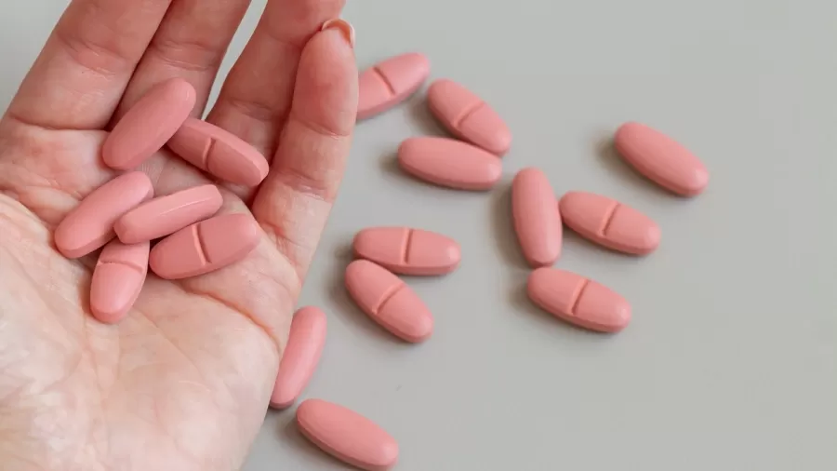Levofloxacin is an antibiotic that belongs to the fluoroquinolone group of antibiotics. The drug has a broad antibacterial spectrum and there is no cross-resistance between levofloxacin and other antibacterial drugs. However, the drug also has strict indications for users.
What is the medicine to treat?
Levofloxacin is indicated for the treatment of many infections such as acute sinusitis; acute exacerbation of chronic bronchitis; community-acquired pneumonia; Complicated urinary tract infections, pyelonephritis (including those already resistant to other antibiotics); skin and soft tissue infections; effective treatment of diarrhea caused by E.coli infection, bacillus dysentery... The drug is also used to treat prostatitis, mastitis and many other gynecological infections.
Who should not take this medicine?
Patients with hypersensitivity to Levofloxacin or other quinolones or to any of the excipients. Patients with epilepsy, patients with a history of tendon disorders related to the use of fluoroquinolones. Because the drug can cause cartilage degeneration in gravity-bearing joints, the drug should not be used in people under 18 years of age; pregnant and lactating women.

Disorders of glucose metabolism, including hyperglycemia and hypoglycemia, may occur in diabetic patients if levofloxacin is co-administered with a hypoglycemic agent or with insulin. Therefore, when these drugs are co-administered, patients should be closely monitored and should be discontinued immediately if hypoglycaemia occurs and appropriate local management measures should be instituted. In patients with bradycardia, acute myocardial ischemia, this drug should not be used.
People who are driving or operating machinery should take the drug during rest, because it can cause tinnitus, dizziness, drowsiness and visual disturbances.
And use caution
During the course of taking the drug, you may experience unpleasant symptoms in the digestive system such as nausea, diarrhea, loss of appetite, vomiting, indigestion (heaviness in the abdomen), abdominal pain. Rarely, bloody diarrhea, enteritis/colitis, including pseudomembranous colitis, hypoglycemia, especially in patients with diabetes mellitus.
There is no specific antidote, so when you encounter any signs of suspicion due to side effects of the drug, it is necessary to stop the drug immediately and notify the doctor as soon as possible for treatment instructions or hospitalization for treatment.

Source: Health & Life Newspaper.